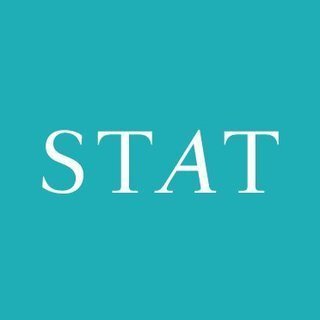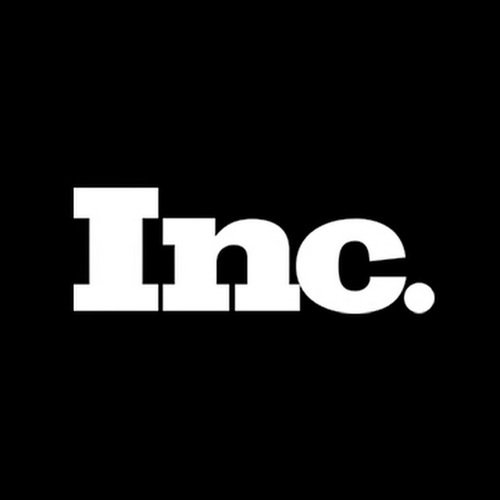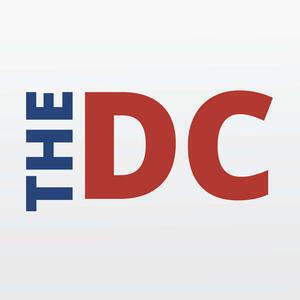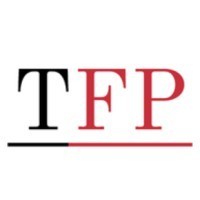A group of bipartisan lawmakers introduced legislation that would force companies that own health insurers or pharmacy benefit managers to divest the pharmacies they own. Sens. Elizabeth Warren, D-Mass., and Josh Hawley, R-Mo., said they hope to end the “gross conflict of interest that enables these companies to enrich themselves at the expense of patients and independent pharmacies.”
Under this legislation, which is not likely to pass before the end of the session, it would be illegal to directly or indirectly own a pharmacy while owning either an insurance company or pharmacy benefit manager, known as a PBM. Companies that do would have three years to sell off the pharmacy business.
The bill, which targets the biggest health care companies in the world, is called the Patients Before Monopolies Act, or PBM Act.
PBMs have been a part of the pharmacy business for decades. The role of a PBM is to work with drug makers, pharmacies and patients to manage prescription benefits programs.
“It’s a middleman between a drug manufacturer and the pharmacy, and ultimately to the patient who needs the medication,” said Wendell Potter, a former Cigna insurance executive. “And insurance companies used to just hire them or use them to access the medicines and be their consultant.”
But now, major insurance companies own the PBMs.
Earlier this year, the Federal Trade Commission released an interim report on PBMs’ effect on prescription drug prices. That report found the top three PBMs, all owned by health insurance companies, control around 80% of prescription drug claims for 270 million people.
“PBMs have manipulated the market to enrich themselves — hiking up drug costs, cheating employers, and driving small pharmacies out of business,” Warren said in a statement.
“This legislation will stop the insurance companies and PBMs from gobbling up even more of American health care and charging American families more and more for less,” Hawley added.
The industry pushed back against the assertions from the senators.
“This proposed legislation would severely limit access to safe and affordable pharmacies that patients value and rely on for prescription drugs,” a PBM trade group, Pharmaceutical Care Management Association, said in a statement. “The truth is PBM-affiliated pharmacies, including mail-service and specialty pharmacies, have a proven track record of providing convenient, reliable, and affordable options for patients to access prescription drugs.”
In a survey commissioned by PCMA, 90% of responding employers “expressed satisfaction with their PBMs’ clarity and transparency of contract terms,” while 88% “expressed satisfaction with their PBMs’ ability to provide the lowest costs for employees at the pharmacy counter.”
Consolidation in the industry put a lot of power in the hands of PBMs, according to Potter.
CVS bought pharmacy benefits manager Caremark in 2007 for nearly $21 billion. It also owns health insurer Aetna.
Meanwhile, insurer UnitedHealth Group owns Optum, which has the PBM OptumRX.
Cigna acquired PBM Express Scripts in 2018 for $67 billion. They account for the three largest PBMs in the industry.
All three of these companies offer mail-in pharmacy products, and CVS has nearly 10,000 physical locations.
“These companies ultimately saw that there would be a way for them to make excess profits by owning these pharmacy benefit managers,” said Potter, who is now president of the Center for Health and Democracy. “So Cigna’s now more apt to be described as a PBM or pharmacy benefit manager that also happens to own health insurance plans or operate health insurance plans. It’s an entirely different company.”
“I started practicing pharmacy way back in 1980 and PBMs really started out as being nothing but processing,” Rep. Buddy Carter, R-Ga., told Straight Arrow News. “They just process claims. And all of a sudden, formularies became very prevalent, in hospital settings and in other ways, and insurance companies began to understand that they could influence the price of a medication by including them on their primary, on their formulary.”
Formularies are lists of prescription drugs covered by an insurance plan.
“You have patient steering, where the PBMs, the insurance companies, are steering their patients toward their pharmacy, and they reimburse their pharmacies more than they reimburse independent retail pharmacies,” Carter said. “Secondly, you know, there are oftentimes when the independent retail pharmacy can’t even participate, can’t even service the patient.”
Carter said there are many cases where pharmacies are reimbursed less by insurance than the drug costs. Because of issues making ends meet, hundreds of independent retail pharmacies are closing every year.
Meanwhile, major health care companies are gobbling up independent pharmacies, only to close down hundreds of stores a year themselves.


























